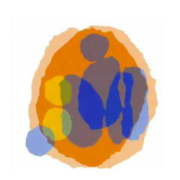Presentation “Baby observation and analytic presence”
The baby observation, such a peculiar method and something so difficult to understand in its real strength and importance, is here described, above all, as a fundamental tool for learning to “be with”. Learn to find within oneself the ability to tolerate another presence, refraining from immediately resorting to the theory, to interpretations, but simply letting oneself be filled by what the other offers us, taking the necessary time to discover how that action takes place, what is repeated and what changes, which affects come into play and who takes part to these.
Entering the house of a mother and her new-born baby, as well as a nursery school or a Read more

